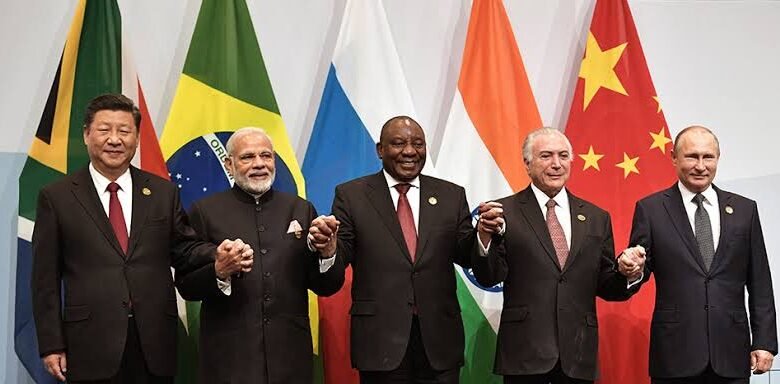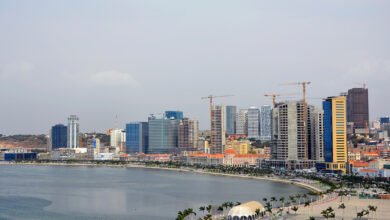
The BRICS group of emerging-market nations has expanded its membership to include six new countries, namely Ethiopia, Egypt, Iran, Saudi Arabia and the United Arab Emirates (UAE), as well as Argentina, which reversed its earlier decision to decline the invitation.
The new members joined the original five members – Brazil, Russia, India, China and South Africa – on January 1, 2024, according to South Africa’s envoy to the bloc, Anil Sooklal.
The BRICS, which was formed in 2010 by the addition of South Africa to the BRIC acronym coined by economist Jim O’Neill in 2001, represents some of the world’s largest and fastest-growing economies. The group accounts for about 30% of the world’s land surface, 45% of the global population, 27% of the gross world product, and 33% of the global GDP (PPP).
The group also holds an estimated US$4.5 trillion in combined foreign reserves.The BRICS aims to enhance cooperation and coordination among its members on various issues, such as trade, investment, finance, development, security, health, education, science, technology, and culture.
It also seeks to promote a more equitable and democratic global order, and to counter the dominance of the G7 bloc of advanced economies.The expansion of the BRICS is seen as a significant step towards strengthening the group’s influence and relevance in the international arena. The new members bring in more diversity, resources, and potential to the group, as well as new challenges and opportunities.
They are expected to contribute to the group’s initiatives, such as the New Development Bank, the BRICS Contingent Reserve Arrangement, the BRICS payment system, the BRICS Joint Statistical Publication and the BRICS basket reserve currency.
The new members will also participate in the upcoming BRICS summit, which will be hosted by Russia in Moscow in July 2024.
The summit will focus on the theme of “BRICS Partnership for Global Stability, Shared Security and Innovative Growth” and will discuss the group’s priorities and plans for the future.The BRICS has received both praise and criticism from various observers and analysts. Some have lauded the group’s efforts to foster cooperation and dialogue among emerging powers, and to provide an alternative voice and vision for the world.
Others have questioned the group’s coherence, effectiveness, and legitimacy, and have pointed out the differences and disputes among its members .The BRICS faces many challenges and uncertainties in its quest to become a more influential and cohesive force in the global affairs.
The group will have to deal with the impacts of the COVID-19 pandemic, the climate change crisis, the geopolitical tensions, the technological disruptions, and the social inequalities that affect its members and the world at large.
It will also have to balance its own interests and aspirations with those of its partners and rivals, and to find common ground and solutions to the complex and pressing problems of the 21st century.






Emberly Perkins
Your point of view caught my eye and was very interesting. Thanks. I have a question for you.
I don’t think the title of your article matches the content lol. Just kidding, mainly because I had some doubts after reading the article.
Thank you for your sharing. I am worried that I lack creative ideas. It is your article that makes me full of hope. Thank you. But, I have a question, can you help me?
Your point of view caught my eye and was very interesting. Thanks. I have a question for you.